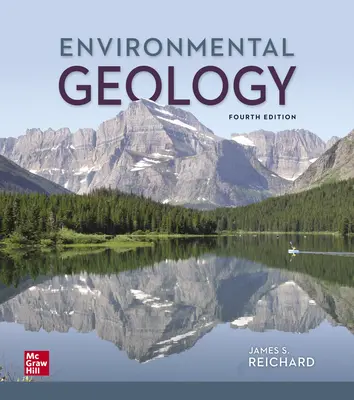

One of the downsides of mining is that it is restricted to areas where minerals are present and economically viable. Since the Stone Age, when humans began mining for flint, they have been dependent on this practice, and the dependency on minerals continues to increase as society evolves. performing associated activities, often involving litigation.Įnvironmental geology is often applied to some well known environmental issues including population growth, mining, diminishing resources, and global land use.managing industrial and domestic waste disposal and minimizing or eliminating effects of pollution, and.defining and mitigating exposure of natural hazards on humans,.studying the earth's surface through the disciplines of geomorphology, and edaphology,.managing geological and hydrogeological resources such as fossil fuels, minerals, water (surface and groundwater), and land use,.

Soil surveys provide information on optimum cropping systems and soil management so less land degradation is done and agriculture provides its optimum yield for the increasing per capita food consumption. Soil surveys are essential parts of land use planning and mapping as they provide insight on agricultural land usage. These surveys assess the properties of soils and are of use in geologic mapping, rural and urban land planning, especially in terms of agriculture and forestry. These environmental problems are attacked and reduced with environmental geology by using soil surveys. Environmental geology is applied in this field as soil scientists raise concerns on soil preservation and arable land with the world increasing population, increasing per capita food consumption, and land degradation. Soil science is the study of soil as a natural resource on the surface of the earth.

Environmental geology is applied in this field as environmental problems are created in groundwater pollution due to mining, agriculture, and other human activities. Hydrogeology is the area of geology that deals with the distribution and movement of groundwater in the soil and rocks of the Earth's crust. Environmental geology in relation to other fields Hydrogeology Environmental geology is on the rise with these issues as solutions are found by utilizing it. With an increasing world population and industrialization, the natural environment and resources are under high strain which puts them at the forefront of world issues. In other words, environmental geology is the application of geological information to solve conflicts, minimizing possible adverse environmental degradation, or maximizing possible advantageous conditions resulting from the use of natural and modified environment. Each of these fields involves the study of the interaction of humans with the geologic environment, including the biosphere, the lithosphere, the hydrosphere, and to some extent the atmosphere. It is a multidisciplinary field that is closely related to engineering geology and, to a lesser extent, to environmental geography. Science of the practical application of geology in environmental problems.Įnvironmental geology, like hydrogeology, is an applied science concerned with the practical application of the principles of geology in the solving of environmental problems created by man.


 0 kommentar(er)
0 kommentar(er)
